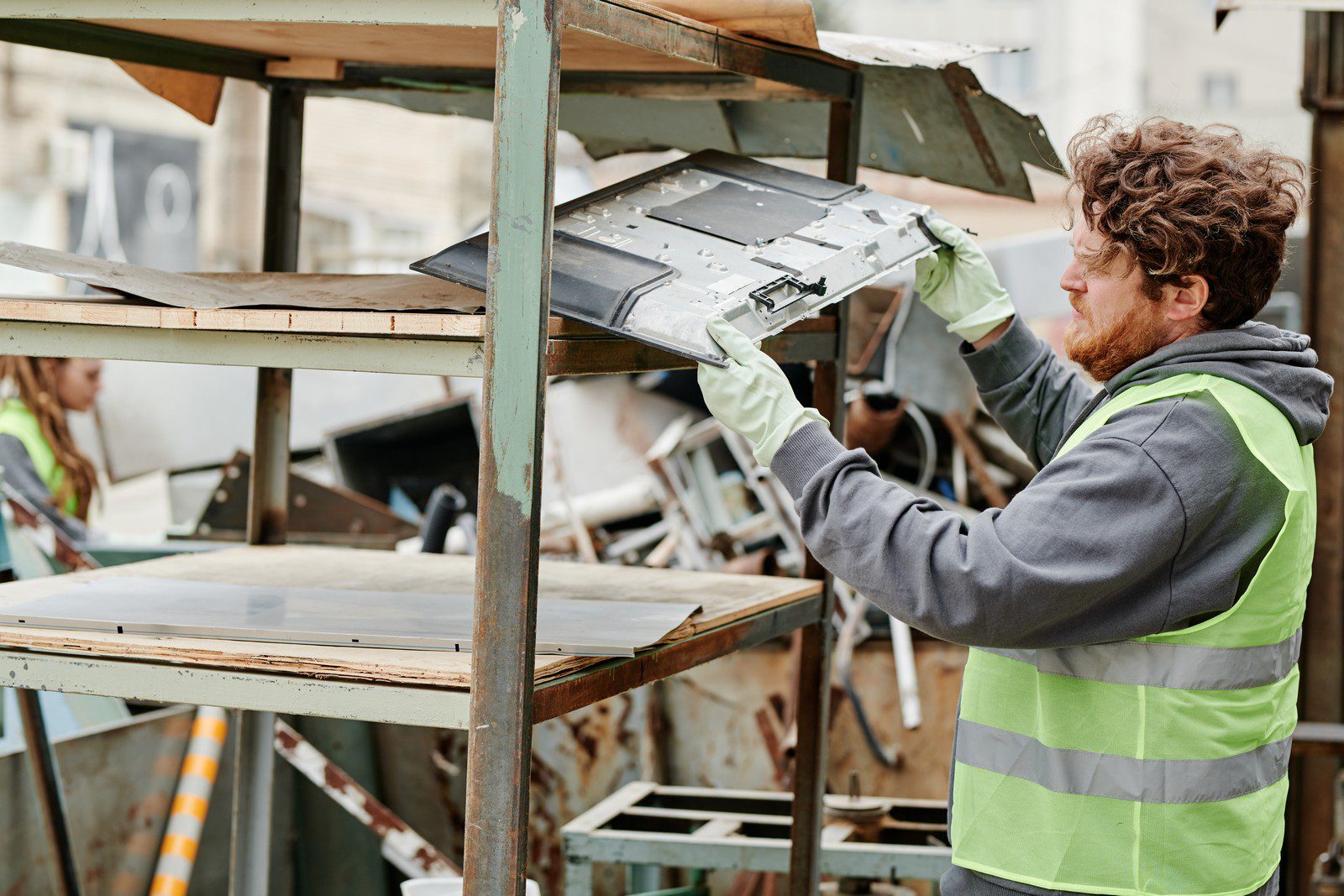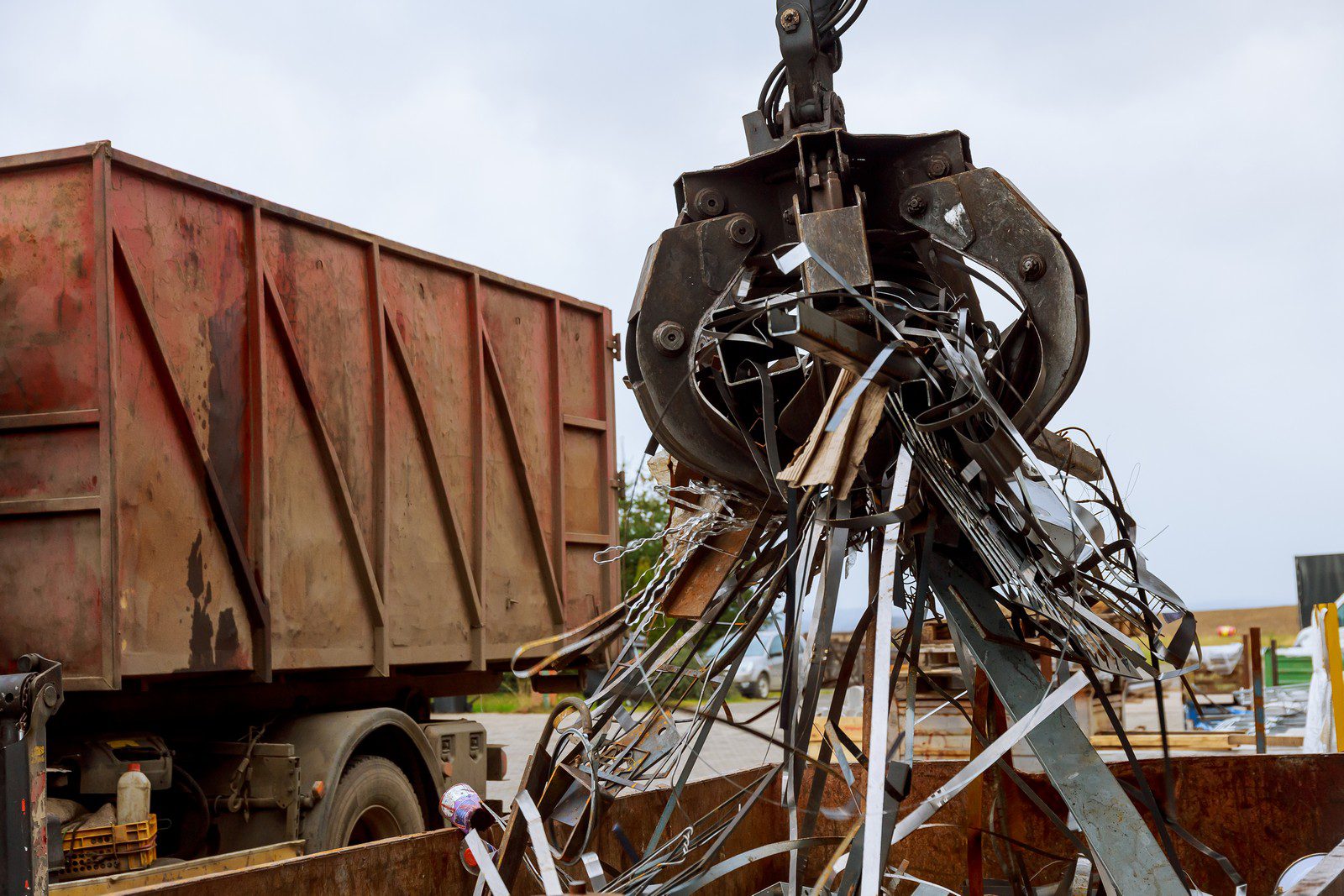Sustainable Metal Recycling: Preserving Our Future


Introduction: The Urgent Need for Metal Recycling
Metal is all around us, from the cars we drive to the constructions we dwell in, but our planet's resources are not infinite. As concerns about resource depletion and environmental degradation grow, the importance of sustainable metal recycling has never been more pressing. In this blog, we will explore why metal recycling is vital for our environment and how DWL Metal Recycling is leading the charge in preserving our future.


The Imperative of Metal Recycling
Why Recycling Metal Matters
Every year, the world consumes billions of tons of metal in various forms. This voracious appetite has profound environmental implications: resource depletion, energy consumption, and greenhouse petrol emissions, to name a few. Metal recycling presents a solution to these issues, offering a pathway to conserve resources, save energy, and reduce carbon footprints.
A. Conservation of Natural Resources
Mining for new metal ores is resource-intensive. It depletes finite reserves and damages ecosystems. Recycling metal helps preserve these natural resources, ensuring they are available for future generations.
B. Reduction in Energy Consumption
The processing of recycled metals requires significantly less energy than extracting and refining raw ores. For instance, recycling aluminium saves up to 95% of the energy needed to produce it from scratch.
C. Mitigation of Environmental Impact
Metal recycling reduces the need for mining, which in turn diminishes the associated environmental impacts, such as soil erosion, water pollution, and habitat destruction.
Spotlight on DWL Metal Recycling
Pioneering Sustainable Practices
At DWL Metal Recycling, sustainability is not just an idea; it's a core value that shapes every aspect of operations. With an unwavering commitment to the environment, DWL Metal Recycling has positioned itself at the forefront of the industry's green revolution.
A. Cutting-Edge Technology
Employing state-of-the-art recycling technologies, DWL Metal Recycling ensures that each piece of metal is reprocessed with maximum efficiency and minimum waste.
B. Comprehensive Recycling Services
Offering a wide range of recycling services, DWL is equipped to handle everything from domestic metal refuse to large-scale industrial waste, transforming what was once waste into valuable resources.
C. Expertise and Innovation
Armed with a team of experts and a clear vision, the company relentlessly pursues innovative ways to enhance their recycling processes, fostering a culture of continuous improvement.




The Value of Choosing DWL Metal Recycling
Advantages of Trusting Your Metals to DWL
Whether you're an individual with a box of old electronics or a business with tons of scrap metal, choosing DWL Metal Recycling means contributing to a cleaner, more sustainable future. The benefits of working with DWL are manifold:
A. Environmental Stewardship
By recycling with DWL, you actively participate in the stewardship of our planet, helping to combat climate change and conserve our natural environment.
B. Economic Benefits
Recycling is not just good for the planet; it's good for the economy too. By supplying recycled metals, DWL helps reduce the costs associated with metal production, passing on the benefits to consumers and industries.
C. Compliance and Peace of Mind
DWL adheres to stringent UK and EU regulations, providing customers with the assurance that their metal waste is handled in compliance with the highest environmental standards.
How Does Metal Recycling Work?
The Process Behind the Scenes
A. Collection and Sorting
At DWL Metal Recycling, the journey begins with the collection of scrap metal from various sources. This metal is meticulously sorted, a crucial step in ensuring the quality of the recycled product.
B. Processing and Shredding
Once sorted, the metal undergoes processing, which may include shredding, shearing, and baling. These methods prepare the metal for melting, making it easier to remove any contaminants.
C. Melting and Purification
The clean scrap metal is then melted in high-temperature furnaces. During this stage, any remaining impurities are removed, and the metal is prepared for its transformation.
D. Solidification and Distribution
After melting, the metal is solidified, typically into bars or ingots, and then distributed to manufacturers who will give it a new life in new products.
The Role of Individuals and Businesses in Metal Recycling
How You Can Make a Difference
A. Responsible Disposal
Be mindful of how you dispose of metal products. From used cans to outdated appliances, choose to recycle rather than throw them away.
B. Partnering with the Right Recycler
Choose a recycler like DWL Metal Recycling that is committed to environmental excellence. This decision ensures your metals are recycled appropriately and sustainably.
C. Spreading Awareness
Educate others about the benefits of metal recycling. As awareness grows, so does the impact of collective efforts to foster a greener planet.


Conclusion: Join DWL Metal Recycling in Shaping a Greener Tomorrow
In conclusion, metal recycling is a critical endeavour, one that bears immense potential to change the trajectory of our environmental future. DWL Metal Recycling stands ready to partner with you in this noble cause, providing expert services that marry environmental duty with economic prudence.
If you're interested in learning more about metal recycling or if you're looking to collaborate with a leading recycler, DWL Metal Recycling invites you to join the movement for a cleaner, more sustainable world. So, what step will you take today to contribute to this vital process?
Engage with us, ask questions, or begin your metal recycling journey—your actions today could spark a larger change for the globe. Contact DWL Metal Recycling and let’s work together towards a brighter, more responsible future.

